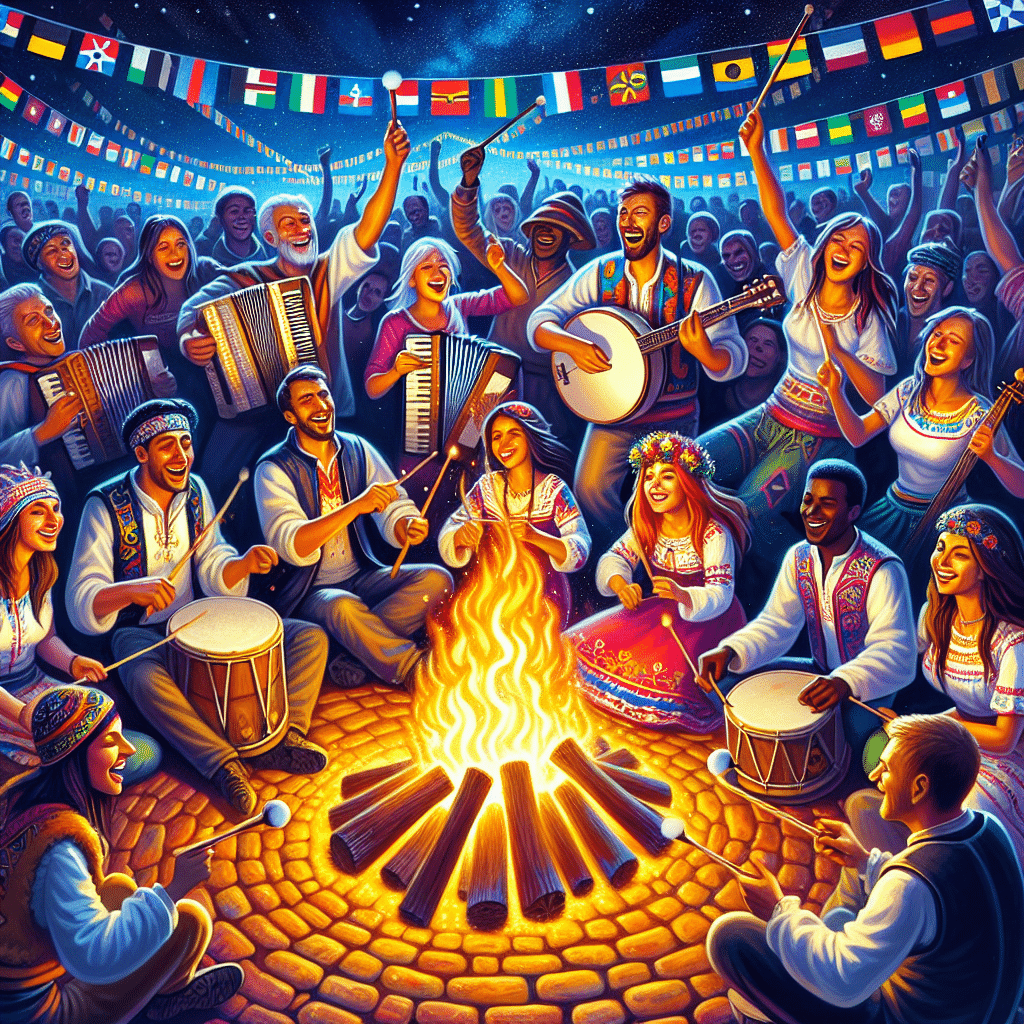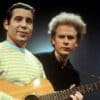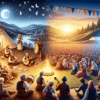Gather 'Round the Fire: The Cultural Impact of Folk Music Festivals

Folk music festivals have long been the heart and soul of communities, blending tradition with contemporary culture. They serve not only as a venue for performances but also as a celebration of heritage, art, and communal connection. In this article, we will explore the rich tapestry of cultural impact woven by these vibrant gatherings, offering insights into their role in preserving traditions, fostering community spirit, and encouraging social change.
Historical Context of Folk Music Festivals
Folk music has its roots in the oral traditions of indigenous peoples and rural communities, often reflecting the stories, struggles, and aspirations of the common folk. In the mid-20th century, as interest in folk revival movements surged, music festivals began to emerge as platforms for both established and emerging musicians.
One of the most iconic folk festivals is the Newport Folk Festival, which began in 1954, spotlighting artists who would influence the music scene for generations. Such festivals revitalized folk music and led to the incorporation of various musical influences, demonstrating its evolution over time.
Celebrating Heritage and Tradition
Folk music festivals are instrumental in preserving cultural heritage. They provide a space where traditional music can thrive and be passed down through generations. Artists often draw on indigenous sounds, regional instrumentation, and storytelling techniques, creating a bridge between past and present.
During these festivals, attendees can witness performances featuring traditional folk instruments such as banjos, fiddles, and accordions. Workshops and jam sessions allow participants of all skill levels to engage and learn directly from seasoned artists, ensuring that the knowledge and techniques of folk traditions endure.
Fostering Community Spirit
See Also: Top 10 Best Folk Songs of the 80s
Top 10 Best Folk Songs of the 80sCommunity is at the heart of folk music festivals. These gatherings bring together people from diverse backgrounds who share a common love for music. Attendees often camp together, share meals, and participate in workshops, creating a unique atmosphere of camaraderie and friendship.
Folk music festivals encourage participation and inclusivity, inviting everyone to sing, dance, and express themselves freely. Sharing personal stories and connecting through music fosters a sense of belonging, helping to strengthen community ties. Many festivals also prioritize family-friendly activities, ensuring that whole families can enjoy the experience together, further solidifying community bonds.
Folk music has historically been a vehicle for social commentary and activism. Many folk artists use their platform to address social issues, from civil rights to environmental concerns. Festivals often serve as hubs for advocacy, encouraging dialogue and engagement around impactful topics.
For instance, prominent performers like Joan Baez and Bob Dylan have used their music to influence social movements. Contemporary festivals continue this tradition, inviting speakers and activists to engage with audiences. This blend of music and activism helps raise awareness and inspires meaningful change, showing that folk music is not just entertainment; it is a catalyst for social responsibility.
Elevating Local Economies
The economic impact of folk music festivals cannot be understated. Local communities benefit tremendously from the influx of visitors during these events. Hotels, restaurants, and artisans often see a significant boost, making these festivals an essential part of the local economy.
Moreover, festivals promote local craftsmanship, allowing artisans to showcase their handmade goods, thus preserving traditional crafts and encouraging sustainable practices. This symbiotic relationship between musicians, local businesses, and attendees underscores the vital role these festivals play in community well-being.
See Also: Simon & Garfunkel's greatest songs ever, ranked: The definitive list
Simon & Garfunkel's greatest songs ever, ranked: The definitive listNurturing Emerging Talent
Folk music festivals are a breeding ground for new talent. They provide platforms for budding artists to perform alongside established musicians, gaining exposure and experience. Many famous artists were discovered at folk festivals, where they had the chance to connect with audiences and industry professionals.
These festivals often host competitions and showcases, encouraging emerging musicians to hone their craft. By nurturing new talent, folk music festivals contribute to the continual evolution of the genre, ensuring that traditional sounds remain relevant and vibrant.
The Role of Technology in Folk Music Festivals
The advent of technology has transformed the landscape of folk music festivals. With the rise of social media, artists can now engage with audiences in real-time, promoting their work and reaching global listeners. Live streaming of performances has made it possible for those who cannot attend the festivals to experience the music from afar.
Moreover, digital platforms allow folk artists to distribute their music more widely, breaking geographical barriers. This accessibility has the potential to introduce folk music to a younger, more diverse audience, ensuring that its influence continues to grow.
Conclusion
Folk music festivals are much more than mere entertainment; they are cultural touchstones that preserve traditions, strengthen communities, and inspire social change. As attendees gather around the fire to share music and stories, they create a sense of belonging and connection that reverberates far beyond the festival grounds. The impact of these events on local economies, emerging artists, and cultural preservation is profound, shaping the way we understand and experience folk music today. Ultimately, folk music festivals serve as a reminder of the power of music as a communal experience, encouraging us to gather, celebrate, and share our stories together.
FAQs
See Also: Strumming Through Time: Exploring the Heart and Soul of Folk Music Festivals
Strumming Through Time: Exploring the Heart and Soul of Folk Music FestivalsWhat is the primary purpose of folk music festivals?
Folk music festivals aim to celebrate folk traditions, foster community spirit, support local economies, and provide platforms for emerging artists and social activism.
How do these festivals contribute to preserving culture?
Folk music festivals preserve cultural heritage by showcasing traditional music, facilitating workshops, and providing spaces for storytelling, ensuring that these traditions are passed down through generations.
Can anyone participate in a folk music festival?
Yes! Most folk music festivals encourage participation from everyone, offering activities like workshops, open mic sessions, and community sing-alongs.
Do folk music festivals focus only on traditional music?
While many festivals celebrate traditional folk music, they also showcase contemporary interpretations and hybrid genres, reflecting the evolving nature of folk music.
How do folk music festivals impact local economies?
Folk music festivals attract visitors, boosting local businesses such as hotels, restaurants, and artisans, thus significantly benefiting the local economy.
See Also: From Campfires to Concerts: The Enduring Charm of Folk Music Festivals
From Campfires to Concerts: The Enduring Charm of Folk Music FestivalsIf you want to know other articles similar to Gather 'Round the Fire: The Cultural Impact of Folk Music Festivals you can visit the category Folk.
